Refine listing
Actions for selected content:
2333 results in Cambridge Elements
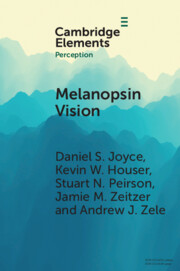
Melanopsin Vision
- Sensation and Perception Through Intrinsically Photosensitive Retinal Ganglion Cells
-
- Published online:
- 15 December 2022
- Print publication:
- 19 January 2023
-
- Element
- Export citation

Positive Social Acts
- A Metapragmatic Exploration of the Brighter and Darker Sides of Sociability
-
- Published online:
- 12 December 2022
- Print publication:
- 05 January 2023
-
- Element
- Export citation
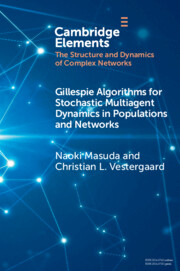
Gillespie Algorithms for Stochastic Multiagent Dynamics in Populations and Networks
-
- Published online:
- 12 December 2022
- Print publication:
- 05 January 2023
-
- Element
-
- You have access
- Open access
- HTML
- Export citation
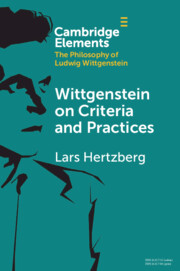
Wittgenstein on Criteria and Practices
-
- Published online:
- 08 December 2022
- Print publication:
- 05 January 2023
-
- Element
- Export citation
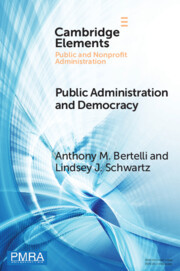
Public Administration and Democracy
- The Complementarity Principle
-
- Published online:
- 08 December 2022
- Print publication:
- 19 January 2023
-
- Element
-
- You have access
- Open access
- HTML
- Export citation
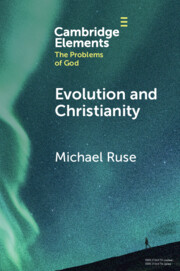
Evolution and Christianity
-
- Published online:
- 08 December 2022
- Print publication:
- 05 January 2023
-
- Element
- Export citation
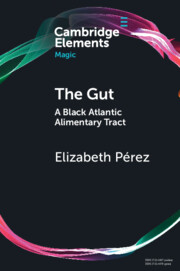
The Gut
- A Black Atlantic Alimentary Tract
-
- Published online:
- 06 December 2022
- Print publication:
- 05 January 2023
-
- Element
- Export citation
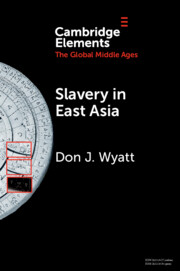
Slavery in East Asia
-
- Published online:
- 05 December 2022
- Print publication:
- 05 January 2023
-
- Element
- Export citation
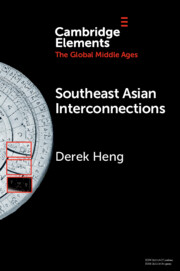
Southeast Asian Interconnections
- Geography, Networks and Trade
-
- Published online:
- 03 December 2022
- Print publication:
- 05 January 2023
-
- Element
- Export citation

The Unification Church Movement
-
- Published online:
- 03 December 2022
- Print publication:
- 05 January 2023
-
- Element
- Export citation
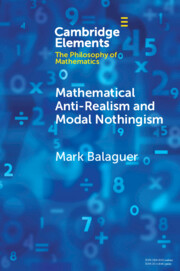
Mathematical Anti-Realism and Modal Nothingism
-
- Published online:
- 02 December 2022
- Print publication:
- 05 January 2023
-
- Element
- Export citation
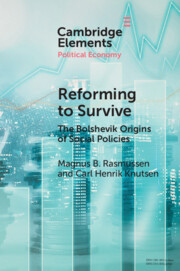
Reforming to Survive
- The Bolshevik Origins of Social Policies
-
- Published online:
- 02 December 2022
- Print publication:
- 05 January 2023
-
- Element
- Export citation

Public Finance with Behavioural Agents
-
- Published online:
- 01 December 2022
- Print publication:
- 22 December 2022
-
- Element
- Export citation
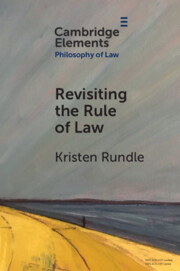
Revisiting the Rule of Law
-
- Published online:
- 01 December 2022
- Print publication:
- 05 January 2023
-
- Element
- Export citation

From Financialisation to Innovation in UK Big Pharma
- AstraZeneca and GlaxoSmithKline
-
- Published online:
- 29 November 2022
- Print publication:
- 22 December 2022
-
- Element
-
- You have access
- Open access
- HTML
- Export citation
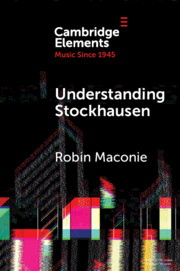
Understanding Stockhausen
-
- Published online:
- 28 November 2022
- Print publication:
- 22 December 2022
-
- Element
- Export citation

Token Forces
- How Tiny Troop Deployments Became Ubiquitous in UN Peacekeeping
-
- Published online:
- 25 November 2022
- Print publication:
- 22 December 2022
-
- Element
- Export citation
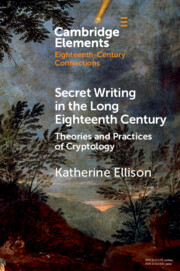
Secret Writing in the Long Eighteenth Century
- Theories and Practices of Cryptology
-
- Published online:
- 24 November 2022
- Print publication:
- 08 December 2022
-
- Element
- Export citation
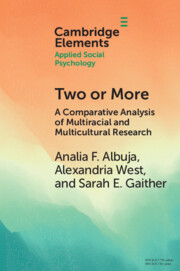
Two or More
- A Comparative Analysis of Multiracial and Multicultural Research
-
- Published online:
- 23 November 2022
- Print publication:
- 22 December 2022
-
- Element
-
- You have access
- Open access
- HTML
- Export citation
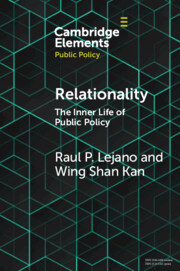
Relationality
- The Inner Life of Public Policy
-
- Published online:
- 23 November 2022
- Print publication:
- 22 December 2022
-
- Element
-
- You have access
- Open access
- HTML
- Export citation
